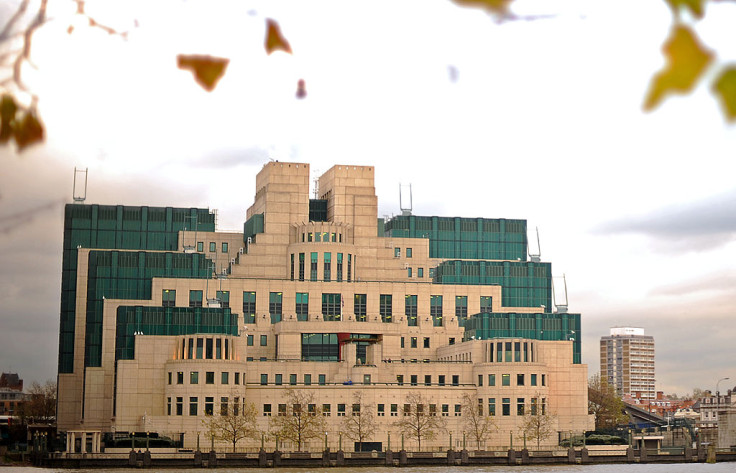British connection emerges in exposing Trump's alleged Russia ties
A retired British spy compiled the report claiming Russia has information it could use to blackmail Trump.

In recent weeks information has continued to emerge on US president-elect Donald Trump's alleged connections to Russia.
The key role played by British intelligence in exposing the alleged ties is becoming clear.
An unverified report alleging the Kremlin has compiled a dossier of compromising information on Trump, including his use of prostitutes while in Russia, sparked a furious rebuttal from Trump, who tweeted "Russia has never tried to use leverage over me. I HAVE NOTHING TO DO WITH RUSSIA - NO DEALS, NO LOANS, NO NOTHING!"
The information was reportedly compiled by a former British spy with extensive Russia contacts, who now runs a private research firm, after being commissioned by political opponents of Trump.
Senator John McCain, an anti-Russia hawk and Trump GOP critic, sent an emissary to collect the report from source, and then passed it on to FBI chiefs.
He was informed of its existence by "an intermediary from a Western allied state," reported the Guardian, who investigative reporter Carl Bernstein identified as a former UK ambassador to Russia.
British intelligence agencies have long played a key role in monitoring Russia.
In the wake of Trump's victory the UK has stepped up its criticism of Russia, even as Downing Street attempted to form connections with the Trump camp. It came amid concern that Trump could follow through on campaign trail hints and abandon the Nato alliance.
MI6 chief Alex Younger warned that Russian style "hybrid warfare" campaigns involving propaganda and cyber attacks present a fundamental threat to democracy.
Only days after meeting key members of the Trump camp in the US, British Foreign Secretary Boris Johnson on Tuesday (9January) described Russia as engaged in "all sorts of tricks" and backed claims that Russia had leaked hacked information to discredit Trump's presidential rival, Democrat Hillary Clinton.
The claim sparked a furious denial from Russia's embassy in London, which alleged Britain was engaged in an "anti-Russia witch hunt".
Johnson's confidence in the claims though ought to come as no surprise, after a cyber expert briefed on Russian attempts to influence the US election said it was British intelligence which had initially tipped off the US about the issue in autumn 2015. "The British picked it up, and we may have had it at about the same time," the expert told the New York Times.
Russia has allegedly attempted to interfere with British politics as well.
In 2015 a Russian hacking group known as Fancy Bears reportedly tried to disrupt the UK's general election by targeting every Whitehall server, including the Home Office, Foreign Office and Ministry of Defence, and every major TV broadcaster.
The hacking plot was exposed by signals intelligence unit GCHQ, which has a major role in tracking Russian activity.
In December, Whitehall officials warned that the Kremlin was waging its own campaign of propaganda and unconventional warfare against Britain, and several academics stepped down from a Cambridge University security forum amid claims of Kremlin influence.
© Copyright IBTimes 2024. All rights reserved.






